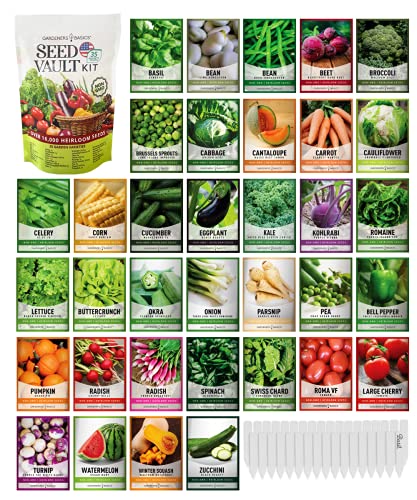atticus
Junior
- Joined
- Feb 16, 2008
- Messages
- 9
- Reaction score
- 0
Hi,
I am an absolute newcomer to Wine-making. I am from India and own some Cashew nut trees. I have started experimenting with making Wine from Cashew Apple Juice.
I am facing a peculiar problem. I checked the Sp. gr. of the juice and added sugar till correct sp. gr. was achieved ( I was aiming for a 10-12% alcohol content). The fermentation started and stopped after15 days. Now, a preliminary alcohol test reveals only 5% alcohol and quite a sweet taste. So, obviously there is still quite a lot of unfermented sugar present. Yeast quantities were correct.
Why must this have happened? Is any other factor required other than sugar and yeast? Can I now restart fermentation somehow and try to salvage this batch?
Thanks and regards,
Atticus
I am an absolute newcomer to Wine-making. I am from India and own some Cashew nut trees. I have started experimenting with making Wine from Cashew Apple Juice.
I am facing a peculiar problem. I checked the Sp. gr. of the juice and added sugar till correct sp. gr. was achieved ( I was aiming for a 10-12% alcohol content). The fermentation started and stopped after15 days. Now, a preliminary alcohol test reveals only 5% alcohol and quite a sweet taste. So, obviously there is still quite a lot of unfermented sugar present. Yeast quantities were correct.
Why must this have happened? Is any other factor required other than sugar and yeast? Can I now restart fermentation somehow and try to salvage this batch?
Thanks and regards,
Atticus






![[Upgraded] 9Pcs Tree Root Growing Box with Drain Holes, Half Transparent Plant Rooting Propagation Ball & Metal Core Twist Ties, for Fast Propagation Plants (Size M)](https://m.media-amazon.com/images/I/514MWQxtWOL._SL500_.jpg)
















































